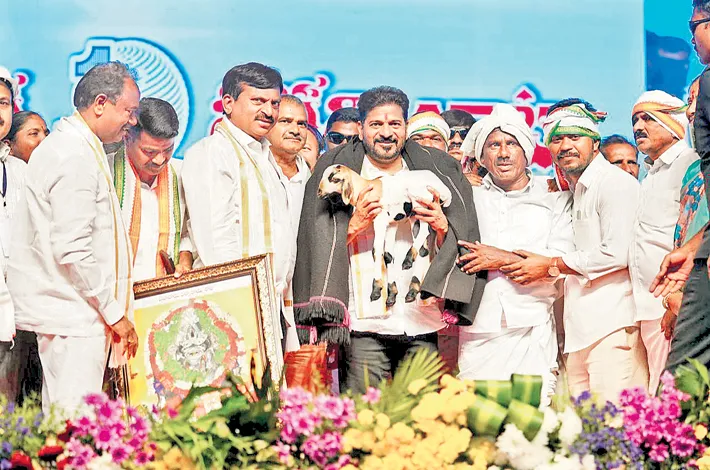Andhra Pradesh bets big on ‘Home Stays’ in Godavari region
08-06-2025 12:00:00 AM

Registered hosts will not only receive official recognition but may also be eligible for basic infrastructure support, training, and promotional assistance
In a move aimed at blending cultural immersion with economic opportunity, the Andhra Pradesh Tourism Department has announced the expansion of its HomeStay programme to the East and West Godavari districts. This strategic initiative comes ahead of the Godavari Pushkaralu—a once-in-12-years spiritual mega-event that is expected to draw millions of pilgrims and tourists to the sacred banks of the Godavari River.
The initiative is also aligned with the much-anticipated Akhanda Godavari Project, a comprehensive tourism development mission set to be launched later this month by Deputy Chief Minister Pawan Kalyan and MP Daggubati Purandeswari. The project envisions the transformation of the Godavari belt into a river-based spiritual and eco-tourism corridor, combining religious sanctity with economic regeneration for local communities.
The state’s tourism officials are encouraging local homeowners to come forward and register their properties for use as Home Stays—a model that promotes hospitality in its most personal and traditional form. Property owners with at least one to six rooms, basic amenities, and a willingness to host guests in their homes are being invited to enroll through the Andhra Pradesh Tourism Development Corporation (APTDC) portal.
“With Pushkaralu around the corner and the Akhanda Godavari Project gaining momentum, we see this as the perfect moment to expand the concept and involve the local population directly in the tourism economy,” said J. Madhavi, Director of AP Tourism Development Corporation.
An orientation and awareness campaign for interested homeowners is set to begin shortly. Guidelines regarding hygiene, guest safety, hospitality standards, and registration protocols will be shared. Once vetted and approved, these properties will be listed on official platforms, allowing tourists to book them directly.
Tourists can share home-cooked meals with their hosts, participate in local festivals, understand regional customs, and even take part in traditional art or cooking sessions.
Globally, this model has thrived in culturally rich destinations such as Himachal Pradesh, Kerala, Malaysia, and tribal belts of Southeast Asia. The Home Stay programme is being positioned as a sustainable alternative that not only eases that pressure but also supports the cultural economy of the region.
In the context of Andhra Pradesh, the demand for lodging facilities during Pushkaralu is expected to far exceed existing hotel capacities. In previous editions, the lack of sufficient accommodation in key towns such as Rajahmundry, Kovvur, and Bhadrachalam had left many pilgrims with no choice but to rely on temporary shelters.
Recognizing the potential of this model, the state government has incorporated Home Stays into its Tourism Policy 2025, categorizing them as essential to community-led tourism development.
Officials highlight that the model empowers homeowners—many of whom may be women or elderly residents—with a steady income stream, turning unused or underutilized parts of homes into revenue-generating assets. It also encourages preservation of local traditions, crafts, and cuisines that often fade in the face of rapid urbanization.
Riverfront towns and heritage sites along the Godavari are being beautified and upgraded to meet the standards of spiritual and eco-tourism circuits, making the region a model for integrated cultural tourism.
Homeowners interested in registering for the programme can log on to the APTDC’s official website and fill in their details. The registration is open to individuals with legally owned residential properties that can offer a clean, safe, and culturally rich experience to guests.
With the twin engines of Pushkaralu pilgrimage and the Akhanda Godavari development push, Andhra Pradesh is betting big on its people to become stakeholders in tourism.








